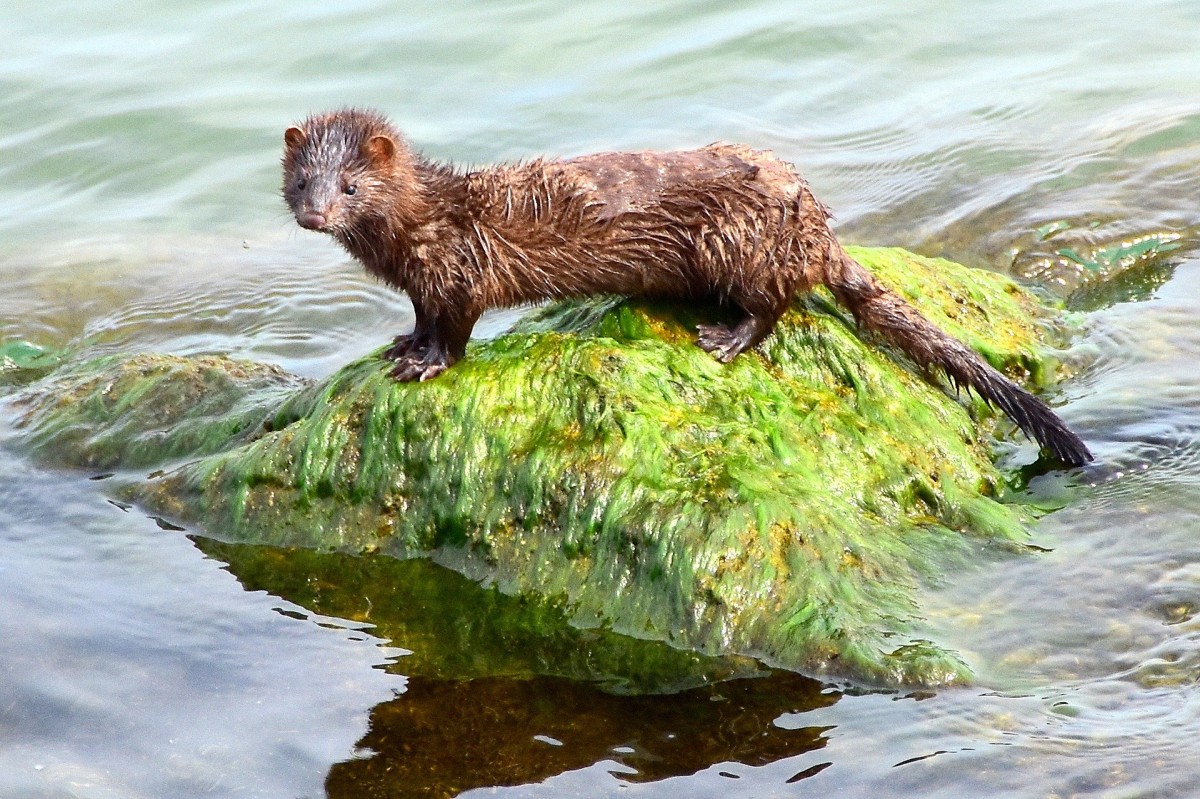Danish Prime Minister Mette Frederiksen has appointed a new agriculture minister after Mogens Jensen resigned for illegally ordering the culling of all minks in Denmark.
Development Cooperation Minister Rasmus Prehn has been selected to take over from Jensen.
The mass cull was ordered after a mutated form of coronavirus was found in the mink population.
Authorities were concerned that the vaccines due to enter European markets in a matter of months might not be effective against the new variant of coronavirus.
Earlier this month 11 people caught the mutated variant of the virus, sparking concerns of a new outbreak.
But the Danish Health Ministry said on Thursday that the coronavirus variant is very likely extinct and that “no further cases of mink variant with cluster 5 have been detected since 15 September”.
Jensen’s initial order lacked a legal basis for killing healthy animals. The oversight sparked a scramble to build political consensus for a new law that now has support from a majority of the Danish parliament.
The order caused a sharp political backlash in Denmark. The left-leaning parties that support the Social Democratic one-party, minority government said they had lost confidence in the former minister, prompting his resignation. The centre-right opposition also expressed reservations.
Despite the backlash, farmers have continued to cull the mink population.
Concerns spread to Ireland
Ireland’s chief medical officer Tony Holohan gave the order to the Department of Agriculture to instruct mink farmers to cull their livestock.
The Department of Agriculture said it was working closely with the owners of Ireland’s mink farms.
“”Mink farmers continue to operate in full compliance with all legislative and animal welfare requirements and have co-operated fully with these efforts,” the department said in a statement.
Ireland has relatively lower numbers of minks compared to Denmark – there are only three farms and about 120,000 animals in total.
But authorities were concerned that all it would take is one mink to pass this new mutation on to humans.
euronews.com
pixabay


















